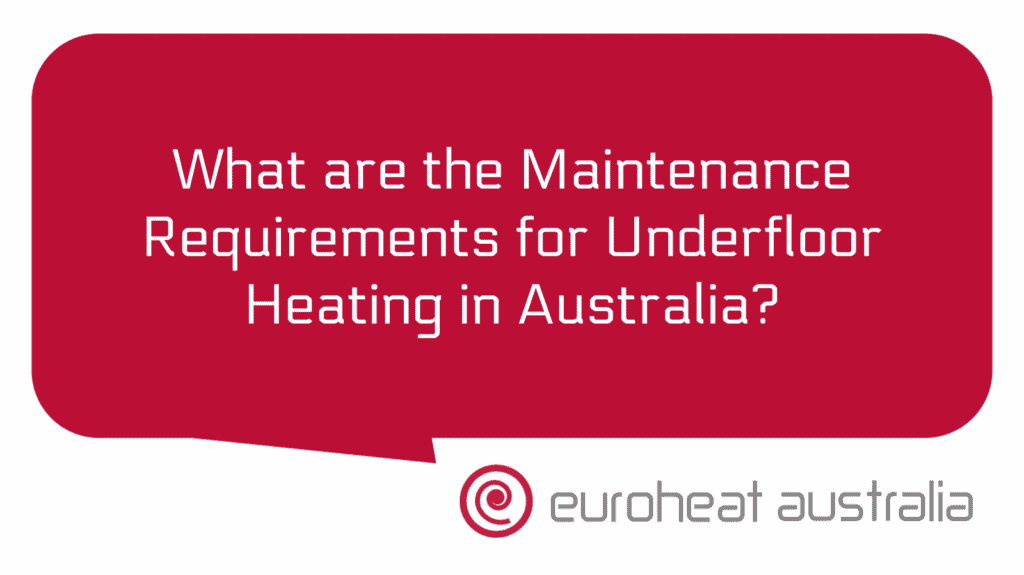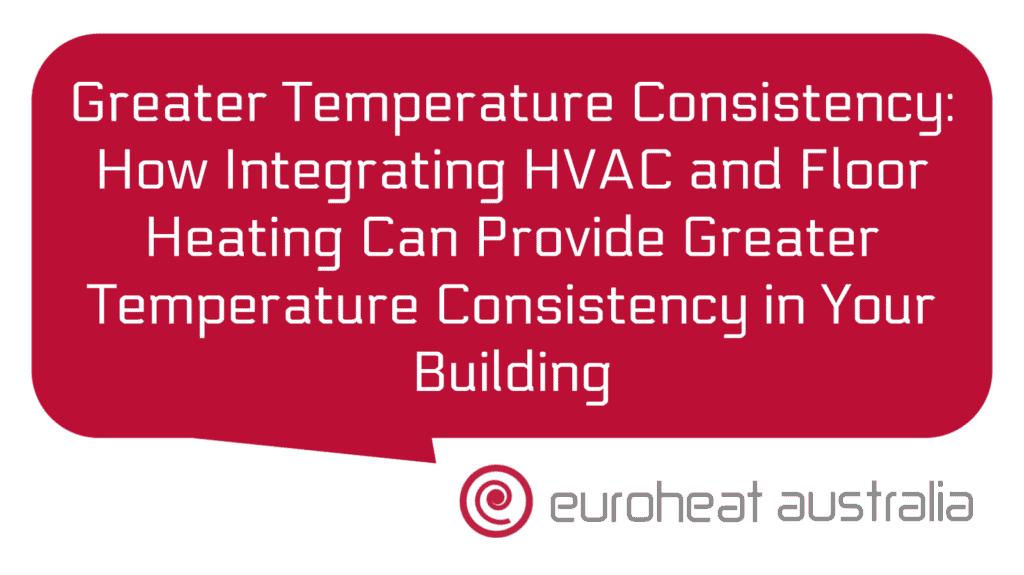When it comes to hot water systems for your home, there are a few options available. Two of the most popular choices are a waste heat hot water system and a heat pump hybrid hot water system. So, how do they compare? Let’s take a look.
A waste heat hot water system uses the heat generated from other appliances in your home to provide hot water. This is an efficient way to make use of energy that would otherwise be wasted. For example, a waste heat hot water system can be installed in conjunction with your air conditioner so that the excess heat generated during summer is captured and used for hot water throughout the year.
A heat pump hybrid hot water system has similar functionality but uses external energy sources instead of internal ones. This energy can come from the air or ground, depending on the type of system you choose. Heat pumps are more efficient than traditional electric or gas-powered systems because they use less energy to produce the same amount of heat. The downside is that they’re more expensive upfront, although they can save you money in the long run as they require less maintenance and repair costs over time.
When it comes to performance, both systems offer similar results; however, one may be better suited for your specific needs than the other. For instance, if you live in an area with high humidity levels, then a waste heat hot water system may be more suitable as it won’t be affected by moisture in the air like a heat pump would be. On the other hand, if you live in an area with colder temperatures then a heat pump hybrid system may be better since it can still provide efficient service even in cooler weather conditions.
In terms of energy savings and cost reduction, both systems offer significant benefits when compared to traditional electric or gas-powered units. A waste heat hot water system can help reduce your electricity bills by up to 50%, while a hybrid system can reduce your bills by up to 80%. In terms of cost reduction, both systems have their own advantages; for example, installing a waste heat unit will require minimal maintenance and repair costs over time due to its low operating temperature and lack of moving parts compared to conventional units which need regular servicing and repairs due to their higher operating temperatures and moving parts which wear out over time. On top of this, both systems offer extended life spans compared to traditional units due to their lack of moving parts which means you won’t need replacement parts as often as with standard electric or gas powered models making them more cost effective over time as well as more reliable than standard models.
Finally, when considering either option it’s important to consider design and installation services from an experienced provider like Euroheat Australia – Perth engineers & installers who have been designing & constructing hydronic heating & cooling systems for 30 years now! With Euroheat’s services you’ll get expert advice on choosing between different options based on your specific needs along with professional installation services ensuring that everything runs smoothly without any issues giving you peace of mind knowing that everything has been properly installed and tested before being put into use! Plus, Euroheat offers additional services such as maintenance plans which will help keep your unit running at peak efficiency while saving you money on costs associated with potential repairs down the line – sounds like a win-win situation doesn’t it?
So when it comes down comparing waste heat vs hybrid systems – there really isn’t one right answer since both offer significant benefits depending on what kind of climate conditions you’re living in along with what kind of budget/maintenance plan you’re looking for! However at Euroheat Australia our team is here to help ensure that whatever option best suits your needs ends up being installed correctly so that all you have left worry about is enjoying warm showers all year round – what could be better?





